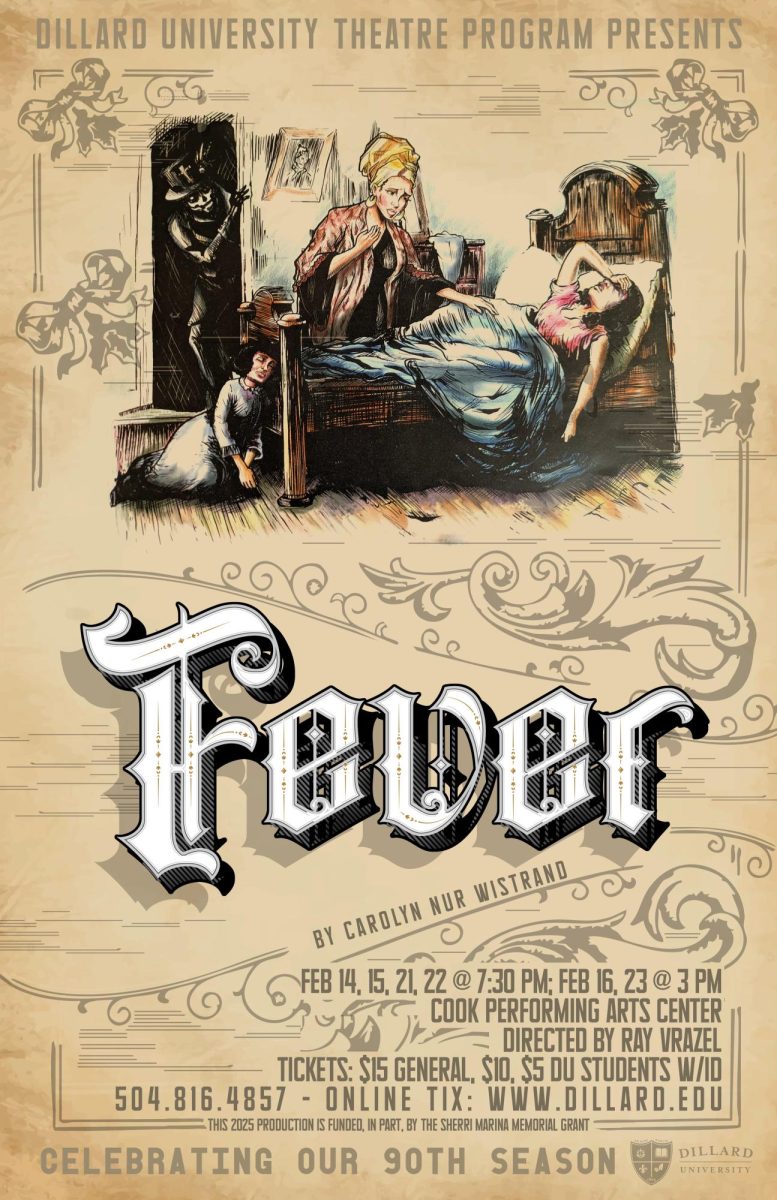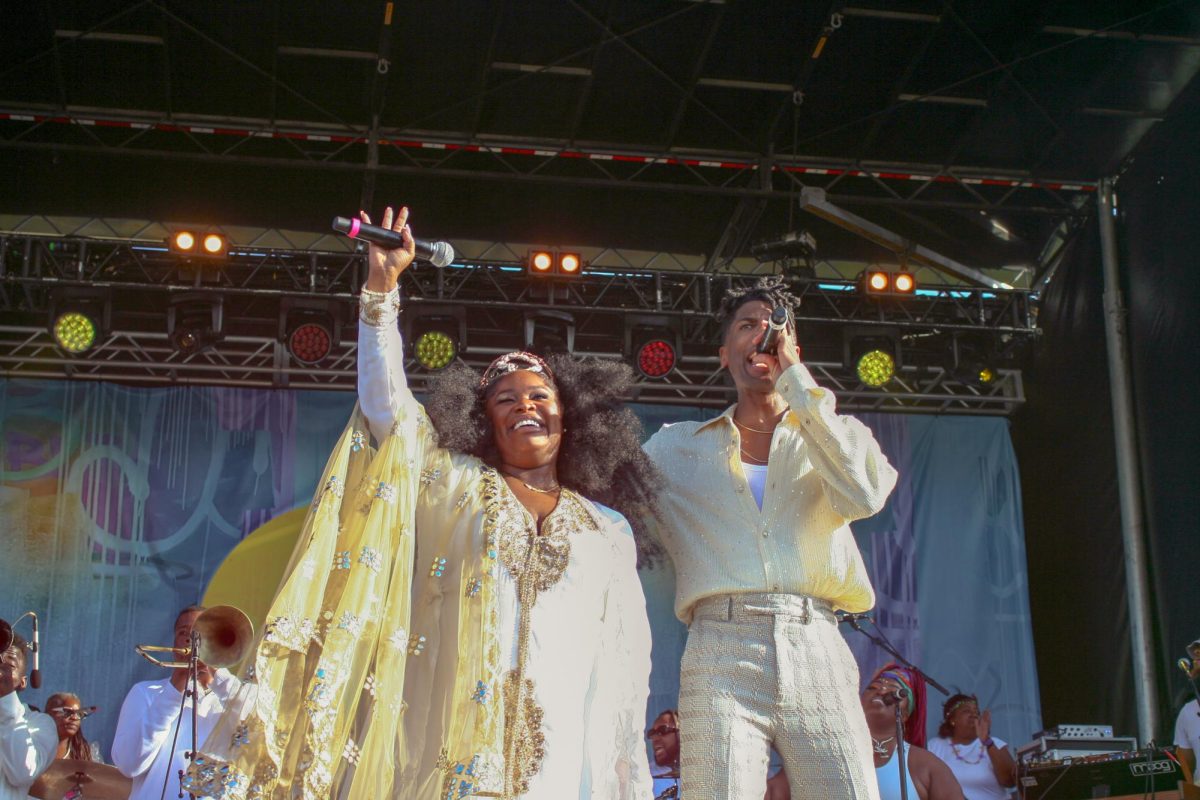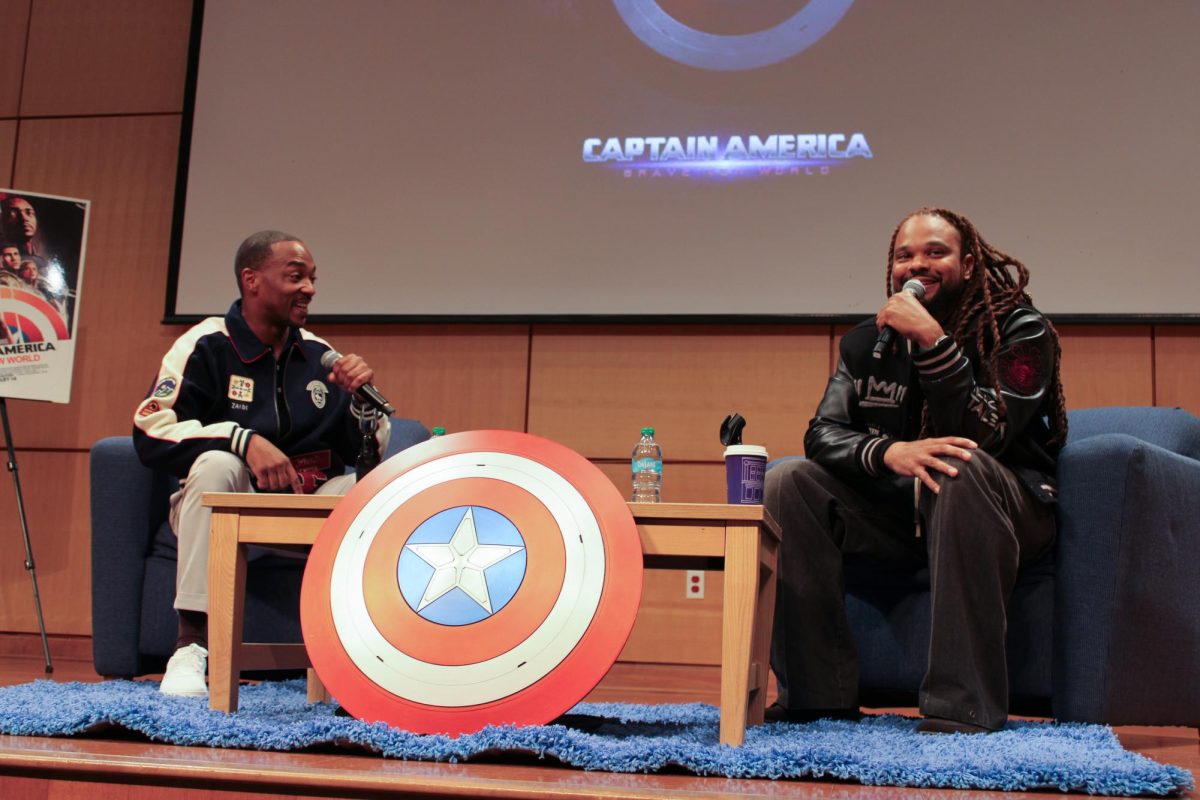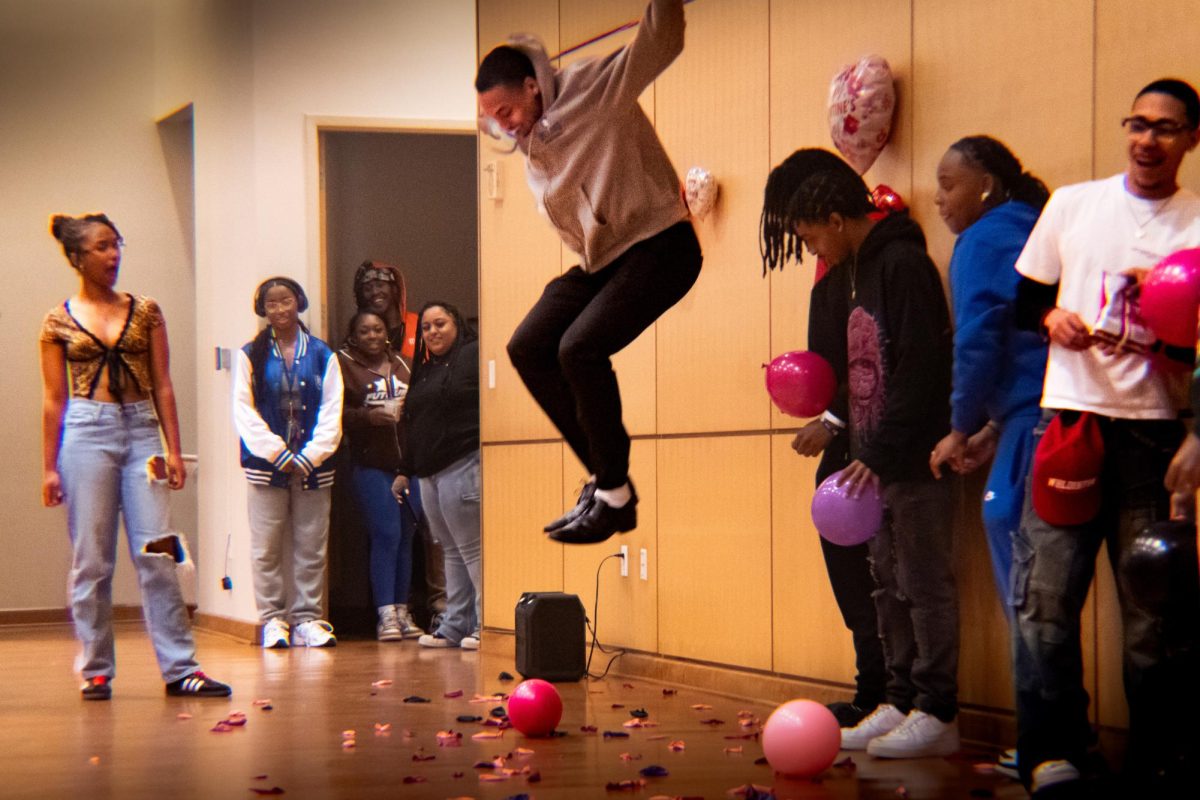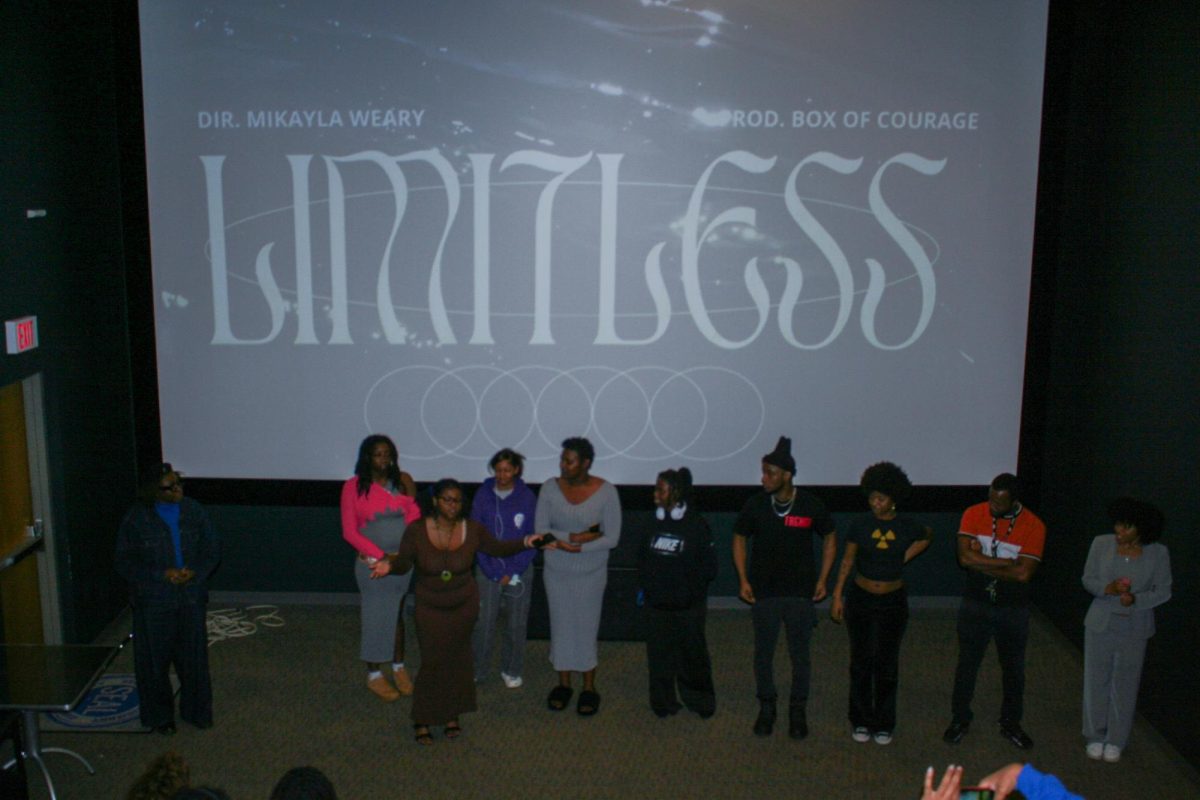"The struggle and the arts are connected almost by definition," Ossie Davis once said. This statement also defined his life and career as an actor and a director on film, television and the stage.
Davis, 87, died Friday, Feb. 4, in Florida earlier this year. He had been working on the film "Retirement" with co-stars, Jack Warden, Peter Falk and George Segal. In the film, Davis played the role of Marvin Jeffries, who sets out on a trip traveling from his retired appointment in Florida along with three of his comrades to Las Vegas. Their sole objective is to stop one man’s daughter from making a crucial mistake by marrying the wrong guy. Davis’ character is out to help insure that the young lady does the right thing, something that he, throughout his life, continued to do.
Whether he was appearing in dramas or comedies, Davis always seemed to embody a sense of wisdom and authority with a warm, rich voice and quiet dignity. At the same time, there was sly humor and genuine kindness lurking just beneath the surface. And as he pushed for social justice, both in entertainment and real life, he never lost that same wisdom, kindness and humor.
Davis was found dead in his hotel room in Miami Beach, Fla., according to officials there. Arminda Thomas, who worked in Davis’ office was said to have confirmed the death according to CNN News.com. Davis apparently died of natural causes said Bobby Hernandez, spokesman for Miami Beach Police according to CNN News.com.
The eldest of five children, Davis was born in tiny Cogdell, Ga., in 1917, and grew up in Waycross and Valdosta. Davis left Georgia in 1935, hitchhiking to Washington, D.C. to enter Howard University where he studied drama.
Intending to be a playwright, his career as an actor began in Harlem in 1939 with the Rose McClendon Players in Harlem. There the young Davis met and mingled with some of the most influential figures of the time, including W.E.B. Dubois, A. Phillip Randolph, Langston Hughes and Richard Wright to name a few.
Davis left behind a vast body of work, acting, directing and producing for the theater and Hollywood.
He starred in such movies as "The Joe Louis Story," "Grumpy Old Men," "Dr. Dolittle." "Roots: The Next Generation," and a few Spike Lee joints like "School Daze," "Do The Right Thing," and last year’s "She Hate Me."
His TV work ranged from Eugene O’Neill’s The Emperor Jones in 1955 to the Burt Reynolds sitcom Evening Shade (1997) to the Showtime series The L Word (1998). He also starred in Alex Haley’s Queen and Stephen King’s The Stand.
Among Davis’ more notable appearances was on Broadway, where it all began was "On Strivers Row" (1946) and in "Jeb" (1946) where he met his wife. And last but not least his portrayal of the title character in "Purlie Victorious" (1961), a comedy Davis wrote lampooning racial stereotypes. In it he played a convincing preacher who sets out to buy a church in rural Georgia. In 1970, Davis co-wrote the book for "Purlie", a musical version of the play. A revival of the musical is planned for Broadway next season.
When not on stage or on camera, Davis and Dee were deeply involved in civil rights issues and efforts to promote the cause of blacks in the entertainment industry. They were at the forefront of the 1963 march on Washington, and when their friend Malcolm X was assassinated, Davis delivered the eulogy for the controversial leader. He also spoke at the funeral of Martin Luther King, Jr.
At the time of the African Americans struggle to overcome the odds of the Civil Rights Movement, the couple learned ways to create their own opportunities when they were between jobs. They performed for churches and schools other than Broadway and Hollywood. "I know the front door of a Baptist church, and the back door to the Methodist. Those audiences won’t have made you rich, but they won’t let you starve," said Davis when he visited Dillard University’s Cook Theater in 2003."I come to you not as a celebrity, but as an elder of the tribe."
He told the students about the triumphs of the entertainment business that young African Americans such as himself and his leading lady Ruby Dee overcame and how holding steadfast to your dreams and perseverance will help them to succeed. He also said "People recognize me as an actor, but I am essentially a storyteller." And the stories he told left the crowd in awe and with something precious that they would remember forever. He spoke on issues confronting the hip hop generation and also recollections of the Harlem Renaissance and Civil Rights Movement.
"As we went along, we became aware of something,” Davis said in 1998. “It was from the struggle itself that we gained our true identity. It was the struggle itself that gave us cause to stay together as long as we have." And because of this struggle we had a legend born, yet gone but not forgotten.



